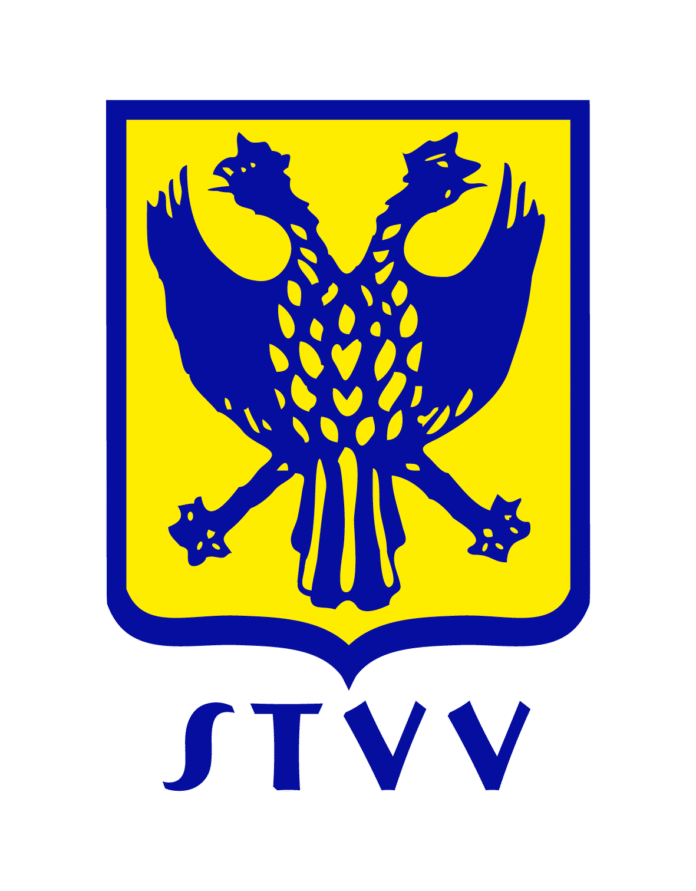More Than Training: A Philosophy of Football Intelligence
At Sint-Truidense VV (STVV), youth development isn’t a checklist of drills—it’s a living philosophy rooted in structure, purpose, and identity. While the Belgian club is best known for its Japanese connection, its most impressive asset may be something far less visible: a principle-driven development model that treats football education as both a science and an art.
“We teach football in its full context,” says Youth Director Mr. Takano. “Every player must understand not just what to do, but why they do it.”
At every level, STVV instills tactical intelligence, focusing on game rhythm, spatial awareness, and decision-making. Core principles—support play, infiltration, pressing, and structured defending—are taught from the earliest age groups and built upon year by year.
The club’s aim isn’t just to produce good footballers. It’s to create players who read the game like a language—players who think.
Discipline Over Flair: A Japanese-Inspired Ethos
While Belgium is the club’s home, many of STVV’s values are influenced by Japanese football culture. “Discipline,” says Takano, “is more important than technical brilliance. That’s the Japanese mentality.”
This is especially evident from U16 upward, where the club shifts its focus away from individual skill and toward mentality. Responsibility, self-control, and humility are non-negotiable traits.
Takano describes his work as artistic. “It’s like being a painter,” he says. “You take a blank canvas—a player—and build layer after layer. But you can’t rush it. Every brushstroke matters.”
A Curriculum of Consistency
From U7 to U23, every coach at STVV follows the same guiding philosophy. This ensures players experience a seamless developmental journey. Transitions between age groups don’t reset the process—they refine it.
“We don’t need a big budget,” says Takano. “We need consistency and football education. That’s what separates us.”
While other clubs may chase trends, STVV follows its own path. Each session is intentional. Each progression is part of a larger structure. Players are taught to respect that process—and to trust it.
No Promises, Just Principles
One of STVV’s most remarkable traits is its refusal to make empty promises. “You cannot break trust,” says Takano. “Not with players, and not with their families.”
The club doesn’t guarantee professional contracts. Instead, it guarantees honesty, clarity, and a commitment to education. And that transparency has built rare loyalty among parents and young players alike.
Even when external clubs offer money for STVV talents—like rising star Jay David Mblanda—the club stays grounded. “We believe in our process. We don’t sell out on principle.”
Conclusion: Structure as Identity
While modern football often obsesses over results, STVV is a quiet reminder that development starts with principles, not pressure. Its youth system thrives not on flash, but on foundation.
With each session, each conversation, and each decision, the club teaches more than football—it teaches identity. In a world driven by short-term gain, STVV is building something far more enduring: players who think, teams who trust, and a philosophy that paints development as the art it truly is.

